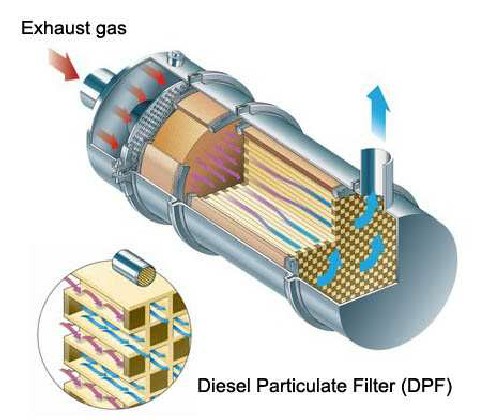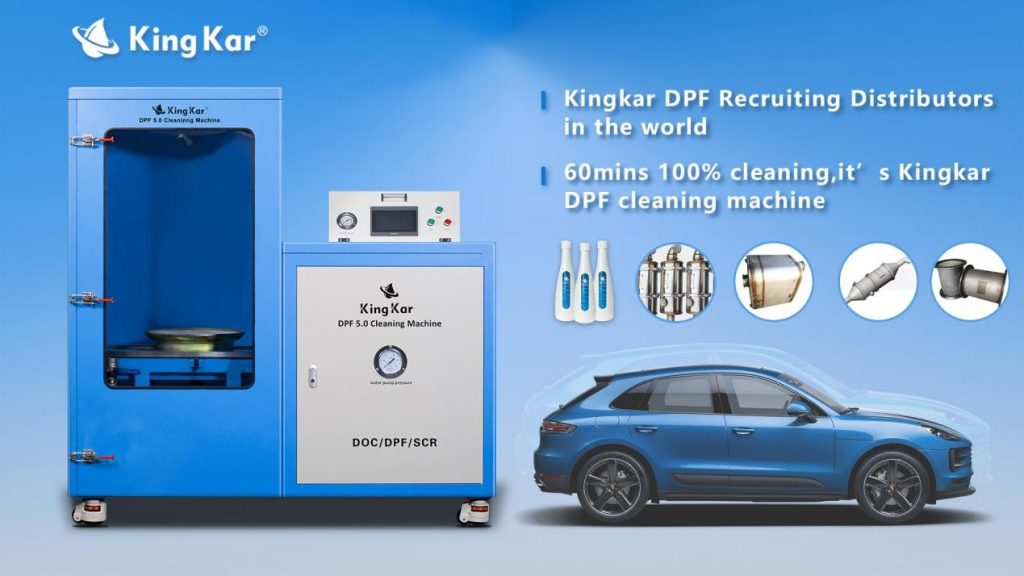Diesel particulate filters: what you need to know
If you own a diesel car, you probably have a diesel particulate filter, however, you may not know exactly what this is or how to maintain it.
Diesel particulate filters have been fitted to diesel-fuel cars for almost two decades now – but if not maintained, or if tampered with there could be serious consequences for your car.
Here we explain exactly what they are, what they do, why you need them, and how to look after them.
What is a diesel particulate filter?
A diesel particulate filter (DPF) is a filter that captures and stores exhaust soot (some refer to them as soot traps) in order to reduce emissions from diesel cars.

But because they only have a finite capacity, this trapped soot periodically has to be emptied or ‘burned off’ to regenerate the DPF.
This regeneration process cleanly burns off the excess soot deposited in the filter, reducing the harmful exhaust emission and helps to prevent the tell-tale black smoke you used to see from diesel vehicles, particularly when accelerating.
Euro 5 exhaust emissions legislation introduced in 2009 to help lower car CO2 emissions effectively made DPFs mandatory, and since then, around one in two new cars a year have been diesel-powered.
Is it illegal to remove a diesel particulate filter?
Yes, it is illegal. Owners face fines if caught (up to £1,000 for cars and £2,500 for vans) and removing a DPF can also invalidate your car insurance policy.
How do I tell if my diesel particulate filter is blocked?
If the DPF is becoming clogged with soot or a fault develops in the system, an orange light will typically appear on the dashboard as seen below.
They usually look like this with a piped box that has dots in the middle, although they can slightly vary by manufacturer – check your handbook for more information.

If you want to know more about DPF, welcome to contact Kingkar, We will bring you the most professional service.
